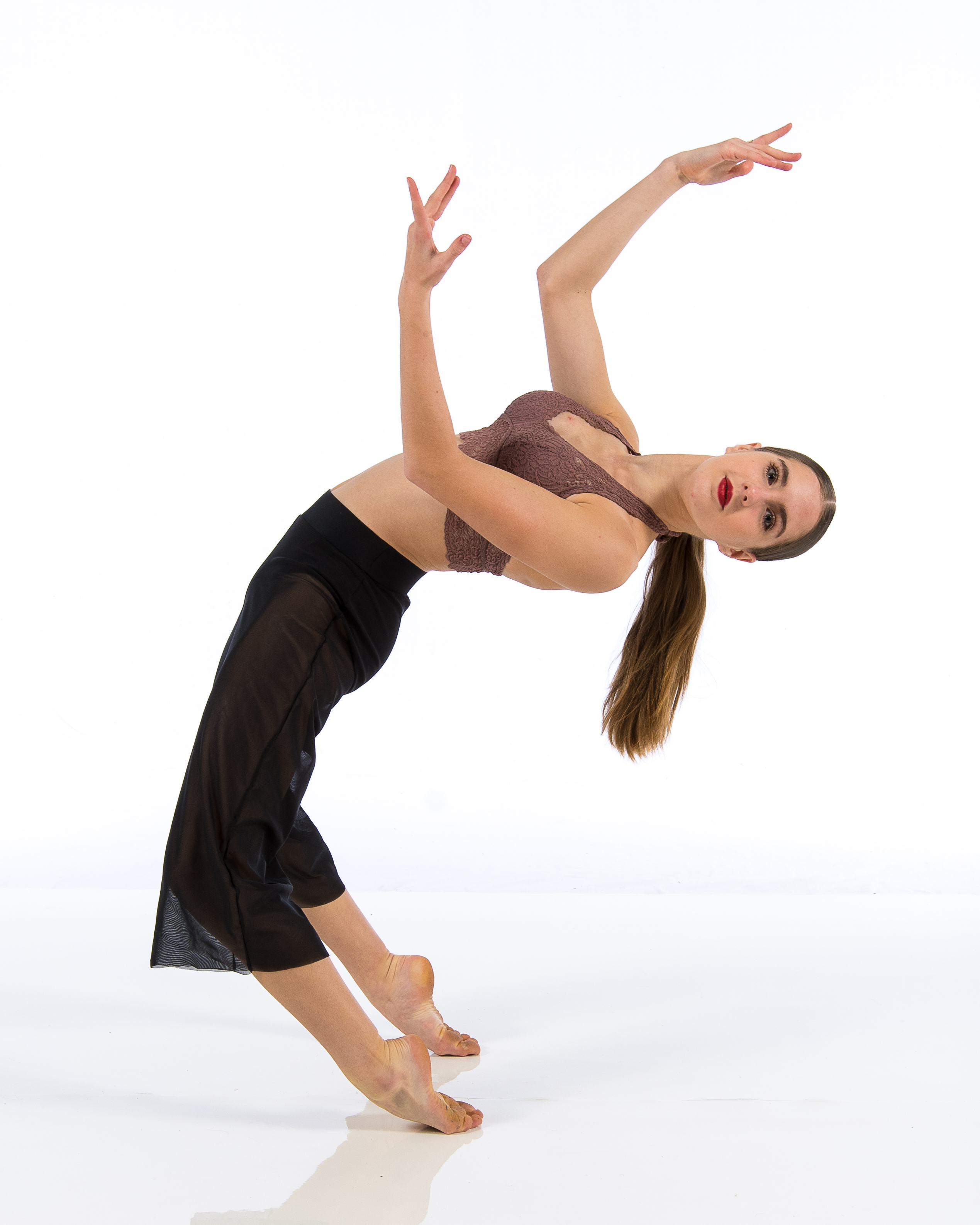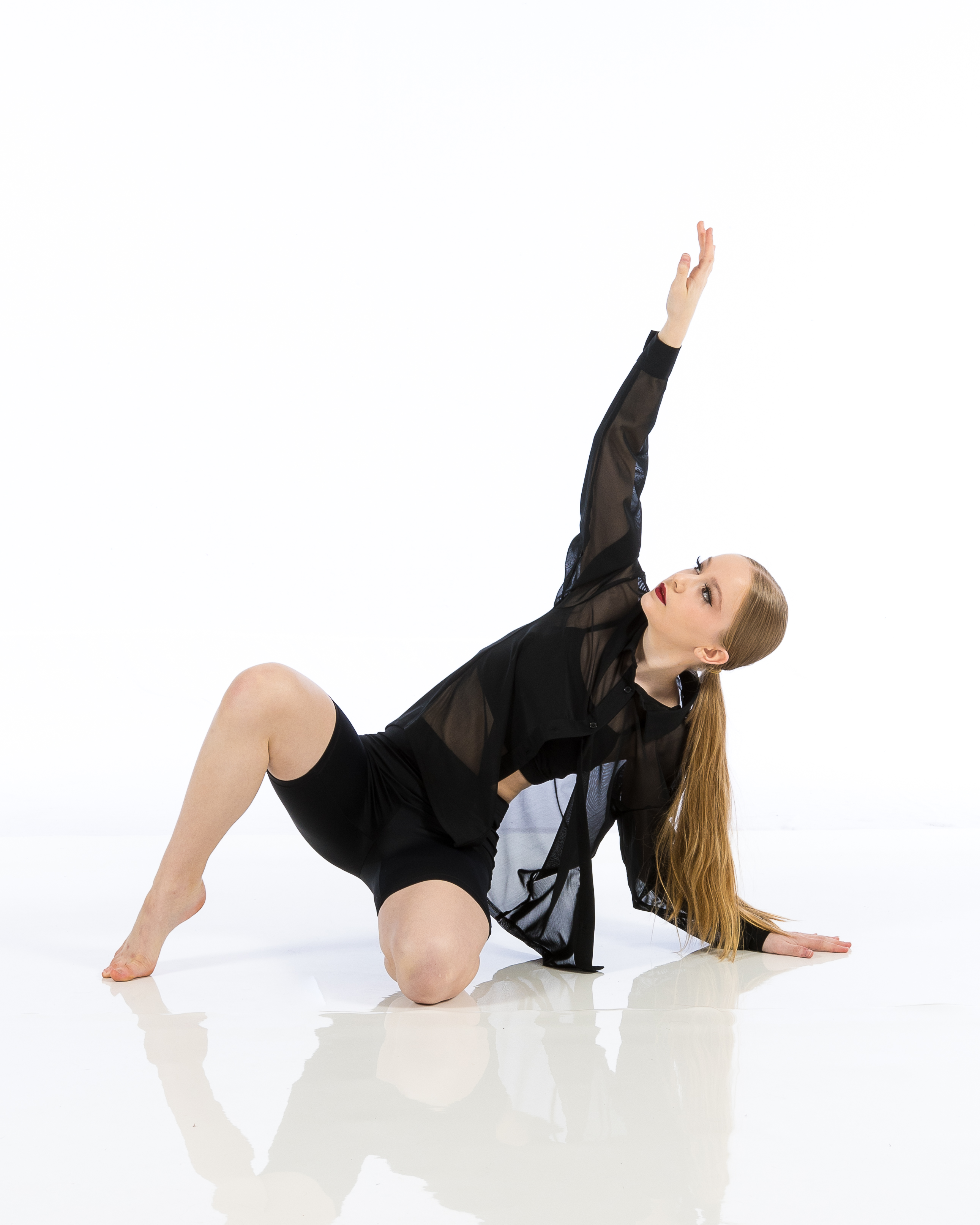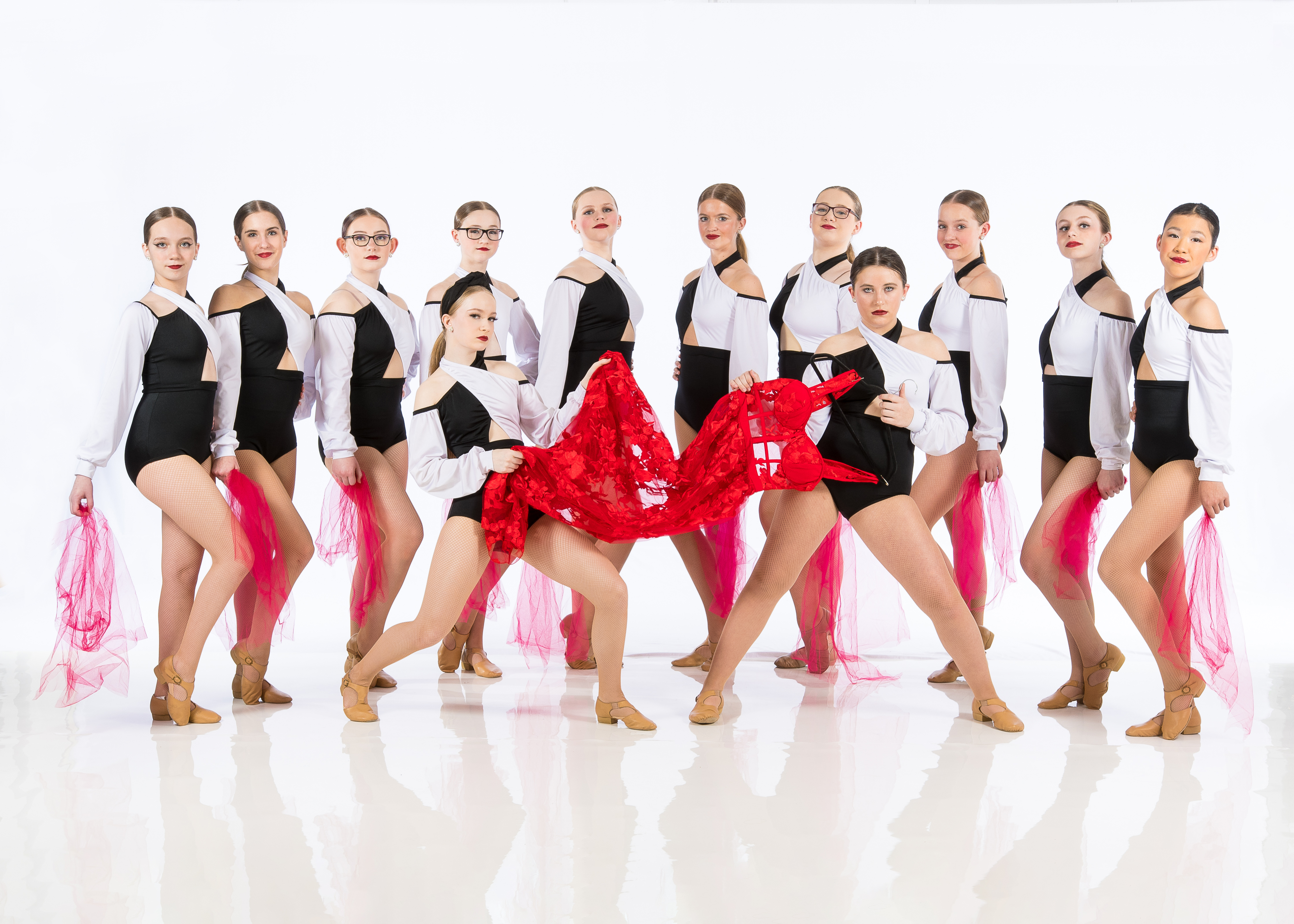Introduction
Dance is an art form that transcends obstacles, joins areas, and ruptureds with the vigor of human expression. Whether you're a budding professional dancer entering a dance studio for the very first time or a knowledgeable performer seeking to improve your craft, understanding dance studio decorum is necessary for making sure a favorable experience. This extensive overview labelled From Novice to Specialist: Browsing Dance Studio Decorum for an Unified Experience will take you through every aspect of dance studio behavior, offering insights that will certainly boost your experience and foster more powerful relationships within the dance community.

Understanding Dance Studio Etiquette
What is Dance Studio Etiquette?
Dance studio decorum describes the collection of rule of thumbs and social norms that govern habits in a dance classroom setup. Just like any type of other artistic atmosphere, respecting these standards can boost not only your understanding experience yet also that of your peers.
Why is Dance Studio Etiquette Important?
Adhering to appropriate decorum helps develop an environment of regard, focus, and cooperation. It promotes a feeling of neighborhood and enables professional dancers to sustain each other in their growth while decreasing distractions throughout class.
From Newbie to Expert: The Relevance of First Impressions
Preparing for Your Initial Class
Walking right into a dance studio for the very first time can be nerve-wracking. To make a remarkable impression:
- Dress suitably: Use comfortable clothes ideal for the kind of dance you're studying. Arrive early: Objective to arrive at least 10-- 15 minutes prior to class starts. This provides you time to sign in, heat up, and resolve in.
Greeting Your Instructor
A friendly greeting sets the tone for your experience. Constantly introduce on your own if it's your first-rate! An easy "Hello there" or "Good morning" can go a lengthy way in establishing rapport.
Classroom Conduct: The Do's and Do n'tshtmlplcehlder 46end.
Do's: Favorable Behaviors
Be Respectful: Respect every person's individual space-- particularly when exercising moves. Listen Actively: Program listening when teachers are talking; it reveals you value their guidance. Support Your Peers: Motivate fellow professional dancers; positivity types encouragement.Don'ts: Unfavorable Behaviors
Avoid Disturbances: Maintain individual conversations outside the classroom. Don't Use Your Phone: Silence your phone during class; it's disruptive. Refrain from Interrupting: Wait until the teacher finishes prior to asking questions.The Role of Individual Room in Dance Studios
Understanding Boundaries
Personal area differs from person to person, specifically in a dancing setup where physical distance is usually essential during method routines.
Communicating Convenience Levels
If you really feel uncomfortable with just how close one more dancer is getting during partnered exercises or developments, it's crucial to communicate this nicely and professionally.

Maintaining Expertise: Gown Code and Grooming
Importance of Correct Attire
Each dance design often has its very own dress code-- whether it be leotards for ballet or baggy clothing for hip-hop courses-- adhering to these criteria demonstrates respect for both your craft and your instructor.
Personal Health Matters
Dancing calls for physical exertion, which can cause sweating. Guarantee you preserve excellent hygiene by bathing before class and using clean attire.
Behavior Throughout Course: Focusing on Learning
Engaging with Instruction
It's crucial to remain focused throughout demonstrations. As opposed to simply watching, actively engage by envisioning just how you would certainly execute each movement.
Asking Questions Appropriately
Curiosity enhances learning! If something isn't clear, feel free to ask questions-- but guarantee they matter and presented at proper times (ideally after directions).

Feedback: Welcoming Constructive Criticism
Accepting Comments Gracefully
Constructive criticism is part and parcel of growth in any art type. Welcome feedback with an open mind and stay clear of becoming defensive; keep in mind that critique aims to aid enhance your skills!
Offering Comments Thoughtfully
When providing feedback to peers, ensure it's useful instead of crucial; focus on what they succeeded alongside locations for improvement.
Creating Consistency Via Teamwork
The Relevance of Group Spirit
In lots of dancing designs, synergy plays a critical role; creating camaraderie with fellow dancers causes enhanced performances.
Collaborating During Team Exercises
When associated with team jobs or choreography practices, encourage imagination by respecting everyone's ideas while additionally contributing your own constructively.
Handling Problems Gracefully
Addressing Arguments Maturely
Conflict might arise because of misunderstandings or varying opinions on choreography selections. Tackle these problems privately as opposed to publicly broadcasting grievances which can interfere with course harmony.
Seeking Mediation When Necessary
If disputes escalate beyond personal resolution efforts-- seek assistance from instructors that can mediate effectively based upon their experience managing comparable situations.
Post-Class Rules: Leaving on an Excellent Note
Thanking Teachers After Class
Always share gratefulness in the Dance Academy direction of your instructor after lessons; this strengthens positive relationships while recognizing their hard work!
Keeping the Studio Clean
Whether it's grabbing water bottles or nicely setting up props post-class-- maintaining tidiness lionizes for shared spaces used by all dancers!
Engaging Beyond Class Time: Structure Neighborhood Relationships
Joining Social Events
Participate in get-togethers arranged by studios such as showcases or open residences-- these gatherings supply possibilities for networking while enhancing area connections outside organized lessons!
Supporting Other Dancers' Performances
Attending peers' efficiencies demonstrates uniformity within the dancing area-- it encourages interaction beyond simple participation at classes!
Frequently Asked Concerns (Frequently asked questions)
1. What must I wear for my very first dancing class?
Choose comfy attire ideal for the details style you're taking (e.g., leotards for ballet). Constantly ask about dress codes beforehand!
2. Is it okay to chat during class?
It's best method not to engage in side discussions during instruction as this distracts both instructors & & fellow students alike!
3. How do I manage feeling overwhelmed?
Take deep breaths & & advise yourself that every dancer began somewhere! Connect any type of deal with trainers who may provide extra aid if needed!
4. What happens if I differ with choreography choices?
Express worries professionally either privately or within designated feedback sessions as opposed to freely critiquing throughout rehearsals; keeping expertise aids fix arguments amicably!
5. Ought to I bring water right into the studio?
Absolutely! Remaining moisturized enhances performance levels; just guarantee containers are firmly closed so spills do not occur on floorings where others are dancing!
6. Just how essential is punctuality?
Punctuality is important as showing up late interferes with focus degrees while causing interruptions; objective always show up early adequate permitting time workout properly before classes commence!
Conclusion
Navigating through a dance studio setting can appear discouraging in the beginning glimpse however mastering correct decorum inevitably changes one's trip from beginner status towards professional degree virtuosity! By sticking closely well-known habits detailed throughout this overview labelled From Newbie To Expert: Browsing Dance Studio Rules For An Unified Experience *, you'll cultivate very useful friendships within communities enriched creativity while refining technological expertise alongside appreciated advisors! So lace up those shoes with confidence tip onto that flooring-- the globe awaits your unique expression through movement!